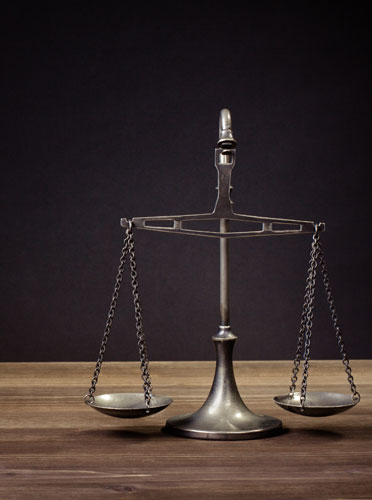
The sexual abuse or sexual assault of any person is a criminal offence, and the law allows for significant penalties for those found guilty of these offences. These crimes and their maximum penalties, as defined by Queensland legislation, are below. Prevention and prosecution of sexual abuse and sexual assault is possible.
Sexual assault
Sexual assault is when a person:
- Touches you inappropriately without your consent.
- Forces you against your will to commit an act of gross indecency (e.g. to touch them inappropriately).
- Forces you to see an act of gross indecency (e.g. exposes themselves or masturbates in front of you).
The maximum penalty for sexual assault is 10 years in prison. If there is “aggravation,” the maximum penalty is 14 years in prison. Aggravation means a weapon is used, or more than one person is involved in the assault.
Rape
Rape is the most serious form of sexual assault.
In Australia, the term rape is used very specifically to mean sexual penetration without consent. This means that forcing someone to have sexual intercourse without their consent is clearly rape. However, so is any sexual assault that involves oral sex, digital penetration, or the insertion of any object into the vulva, vagina or anus of another person.
Rape is considered a very serious offence and carries a maximum sentence of life imprisonment.
For sexual intercourse to not be considered rape, consent must be freely and voluntarily given by a person with the cognitive capacity to do so. Therefore if a person has sexual intercourse while the other person is asleep, unconscious, or their cognitive capacity is impaired by drugs or alcohol, it is rape.
Child sexual abuse
Sexual intercourse with anyone under the age of 12 is rape, as a child is not capable of giving consent. Someone who has sexual intercourse with a child may also be charged with other serious sexual offences, such as indecent treatment of a child, unlawful carnal knowledge, and maintaining a sexual relationship with a child.
Prosecution
Reporting these offences can be extremely difficult for someone who has experienced sexual abuse or sexual assault. For some, the legal system seems daunting and the prosecution process prolonged. Further, it is not uncommon for people to feel afraid of disbelief or retaliation if they speak up about the offence.
The following articles have been created to help you to get your head around the legal processes involved, and to consider your options.
- Prosecution of sexual abuse and sexual assault: The process of reporting to police and seeking justice.
- Alternative reporting options: When you want to report the offence, but not prosecute the offender. Also allows you to remain anonymous if you want.
- Guidelines for making a report: What to keep in mind if you are considering making a statement to police or giving evidence at court.
- A guide for victims of crime: A PDF booklet with information about your rights and options.
Prevention
There are also things you can do to help prevent others being abused or assaulted that do not involve laying charges against the person who perpetrated the abuse.
- Internet safety: A booklet for parents, released by the QLD Police Service
- Inappropriate sexualised behaviours: A fact sheet for carers of people with an acquired brain injury.

Leave a reply